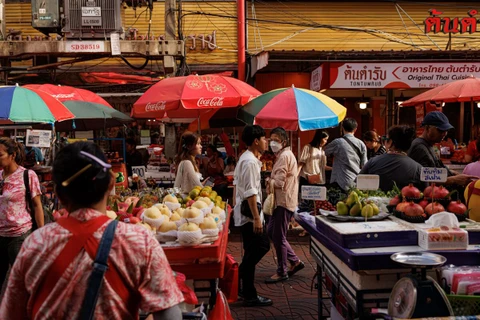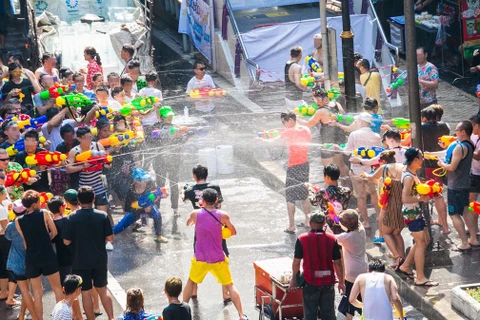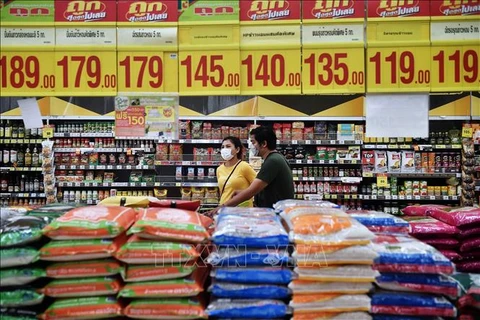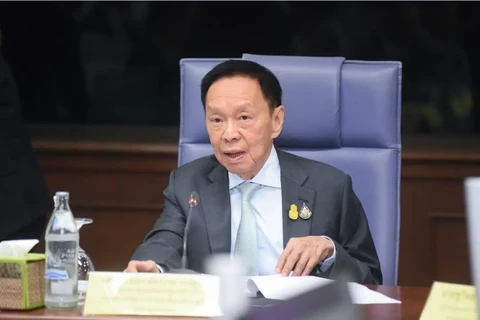Bangkok (VNA) – Thailand is accelerating the implementation of the national artificial (AI) strategy for 2022 - 2027 with a view to establishing itself as an AI hub in Southeast Asia by 2027.
The strategy aims to raise the country’s AI Readiness Index from the 59th position in 2021 to the top 50 by 2025, and ensure at least 600,000 Thai people have awareness of AI law and ethics. It is also expected to generate 48 billion THB (1.32 billion USD) in business and social impacts by 2027.
The national AI strategy and action plan of Thailand feature five main policies: preparing the country’s readiness in social, ethics, law, and regulation for AI application; developing infrastructure for sustainable AI development; increasing human capability and improving AI education; driving AI technology and innovation development; and promoting the use of AI in public and private sectors.
Apart from attracting more foreign technology investment in cloud data centres, the Ministry of Digital Economy and Society also issued the “cloud first” policy to help transform Thailand into a regional AI hub. This policy focuses on promoting the use of a planned single digital ID platform and the creation of a new workforce trained in AI skills.
Thailand is also expanding cooperation with tech giants. For example, its Government inked memoranda of understanding on AI with Microsoft and Huawei in 2023.
In addition, it is also preparing a draft law featuring AI-related regulations./.
The strategy aims to raise the country’s AI Readiness Index from the 59th position in 2021 to the top 50 by 2025, and ensure at least 600,000 Thai people have awareness of AI law and ethics. It is also expected to generate 48 billion THB (1.32 billion USD) in business and social impacts by 2027.
The national AI strategy and action plan of Thailand feature five main policies: preparing the country’s readiness in social, ethics, law, and regulation for AI application; developing infrastructure for sustainable AI development; increasing human capability and improving AI education; driving AI technology and innovation development; and promoting the use of AI in public and private sectors.
Apart from attracting more foreign technology investment in cloud data centres, the Ministry of Digital Economy and Society also issued the “cloud first” policy to help transform Thailand into a regional AI hub. This policy focuses on promoting the use of a planned single digital ID platform and the creation of a new workforce trained in AI skills.
Thailand is also expanding cooperation with tech giants. For example, its Government inked memoranda of understanding on AI with Microsoft and Huawei in 2023.
In addition, it is also preparing a draft law featuring AI-related regulations./.
VNA
























